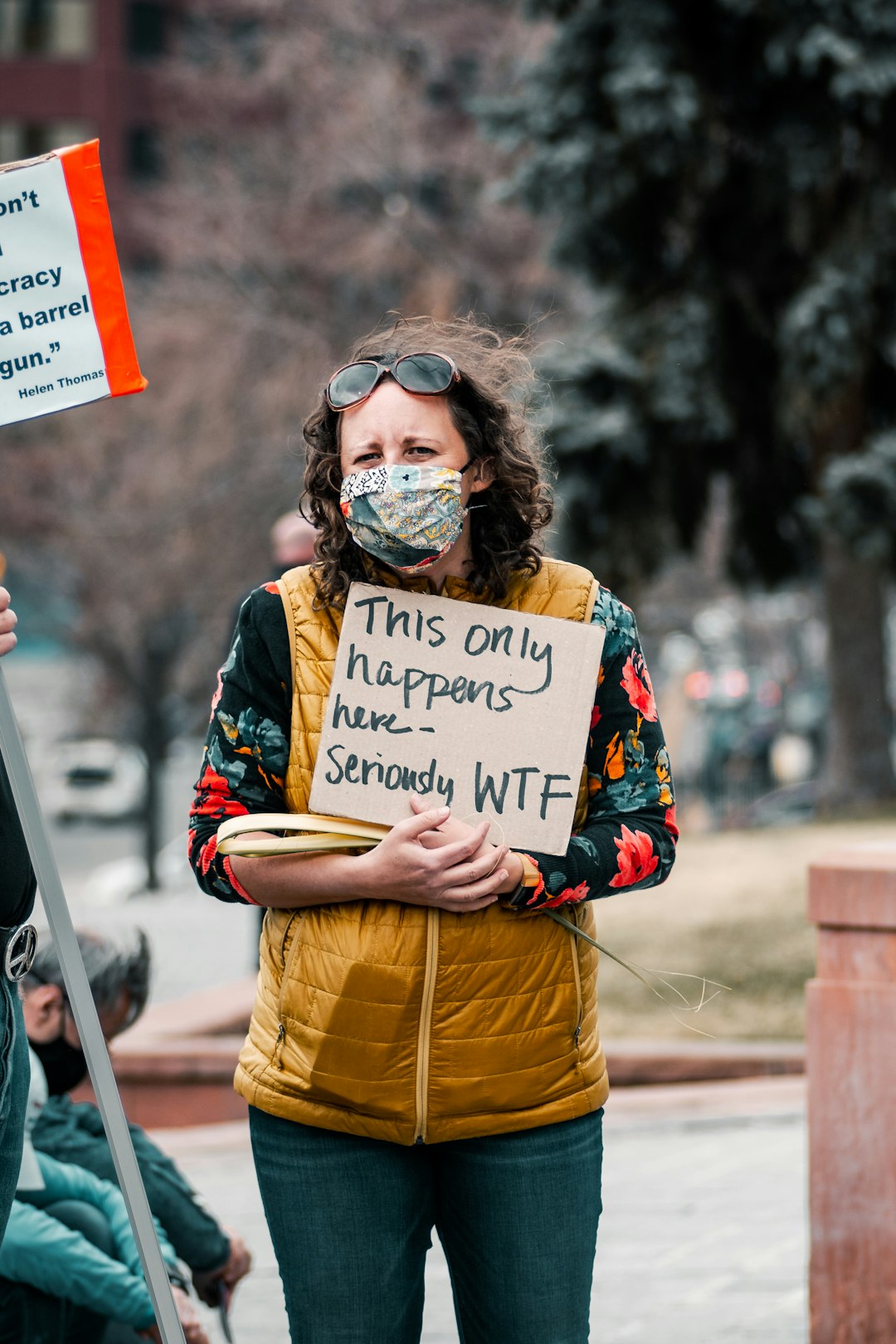On Guns, Half-Measures Will Do
I’m Michael A. Cohen, and this is Truth and Consequences: A no-holds-barred look at the absurdities, hypocrisies, and surreality of American politics. If you received this email - or you are a free s…
Keep reading with a 7-day free trial
Subscribe to Truth and Consequences to keep reading this post and get 7 days of free access to the full post archives.



